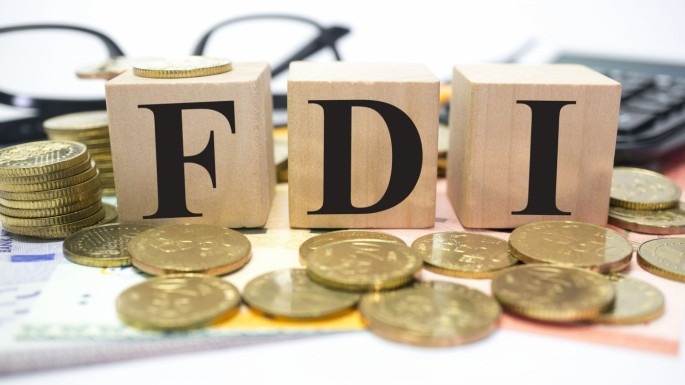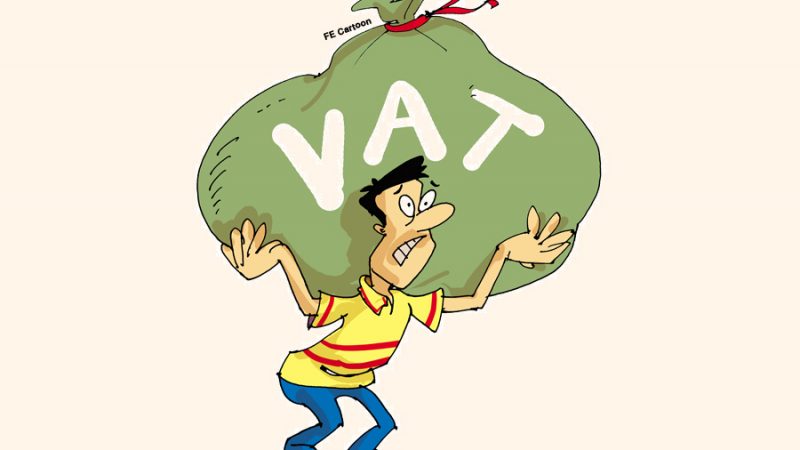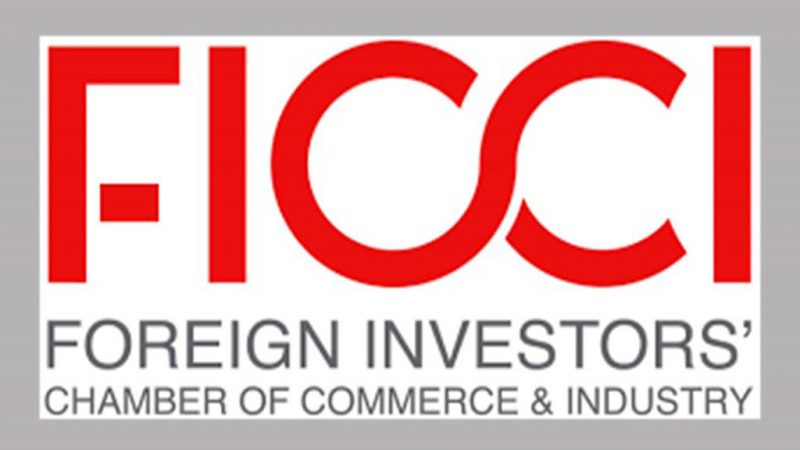Upcoming reforms by govt to attract FDI in major sectors like renewables, ICT: Experts

The sectors in focus are renewable energy, information and communication technology (ICT), pharmaceuticals, and semiconductors
The interim government has initiated several reforms which are likely to attract foreign direct investment (FDI) in some of the country’s high potential sectors, according to experts at a town hall conference held today.
The sectors in focus are renewable energy, information and communication technology (ICT), pharmaceuticals, and semiconductors.
They made the observations while addressing the town hall conference styled “Investing in Tomorrow: The Future of FDI in Bangladesh’s Evolving Economy”, organised by the Centre for Government Studies (CGS) as part of the three-day “Bay of Bengal Conversation” in Dhaka, which ended today.
The third edition of the “Bay of Bengal Conversation” began on 15 November with diplomats, academics, researchers, policymakers and journalists from home and abroad in attendance.
Parvez Karim Abbasi, senior research fellow at CGS was moderator of the town hall conference.
Speakers highlighted that these reforms aim to create investment-friendly policies by reducing bureaucratic red tape, lowering duty rates, and expediting business registration processes.
They also stressed that ensuring political stability is crucial for sustaining foreign investment.
Addressing the event, Abdul Awal Mintoo, former Federation of Bangladesh Chambers of Commerce and Industry (FBCCI) president, said the interim government is working on many types of reforms for attracting FDI which will be visible within a short time.
Talking about the potential of Bangladesh, he pointed to three key factors making the country an attractive investment destination – two million youths joining the workforce as new entrants annually, established export markets in developed countries, and potential reductions in US tariffs on Bangladeshi exports by its new government.
Describing the current investment situation in the country, Mintoo said, “Currently, 96% of investments in Bangladesh are domestic. However, high inflation is limiting savings and negatively impacting local investment.
This imbalance underscores the need for foreign investment to drive growth, he added.
Mir Nasir Hossain, another former FBCCI president, emphasised that longstanding mismanagement must be addressed to boost FDI.
“The government has formed commissions to implement reforms, and we hope their recommendations will bring positive change,” he said.
He also noted that Bangladesh lags behind its South Asian neighbours, including Nepal and Pakistan, in FDI as a percentage of GDP, but argued that renewable energy offers significant opportunities if investment-friendly policies are adopted.
Talking about the challenges, he said infrastructure, financing, skilled workers, and technology remain challenges for the country to bring in foreign investment.
Ghulam Mohammed Alomgir, chairman of Max Group, highlighted the potential for foreign investment in the power and energy sectors, particularly electricity.
According to him, there has been huge domestic investments in the country’s power sector and there is still scope for foreign investments. However, he stressed the need for investment friendly policies.
He also said the education sector needs to align with job market demands, pointing out that Bangladesh currently imports high-level officials from different countries including India and Sri Lanka for the garment sector.
Foreign companies that can invest in the semiconductor sector which have higher potential than RMG, he added.
KM Mozibul Hoque, chairman of both Shah Group and TAS Group Bangladesh, mentioned that red tape harassment has affected many investments in the country and requested the government to bring policies that facilitate FDIs.
Kyle Inan, CEO, KI Asset Management Company, Turkey said there is scope to invest in sustainable energy as well ICT and pharmaceuticals in Bangladesh. He also mentioned that any foreign investor has to check political stability and the level playing field before investing anywhere.
Other speakers, including representatives from Italy, and Bosnia and Herzegovina, also identified additional opportunities in ICT, infrastructure, and sustainable energy. However, they too stressed the importance of addressing infrastructural bottlenecks, such as traffic congestion, and ensuring political stability to attract investors.
Tanvir Ahmed, managing director of Sheltech Group, Envoy Textiles and Green Textiles, Bangladesh, underscored the necessity of FDI for sustainable growth. “Bangladesh has the potential to become the 30th largest economy by 2040, but challenges like automation and infrastructure need immediate attention,” he said.
Source: The Business Standard | 17 November 2024







